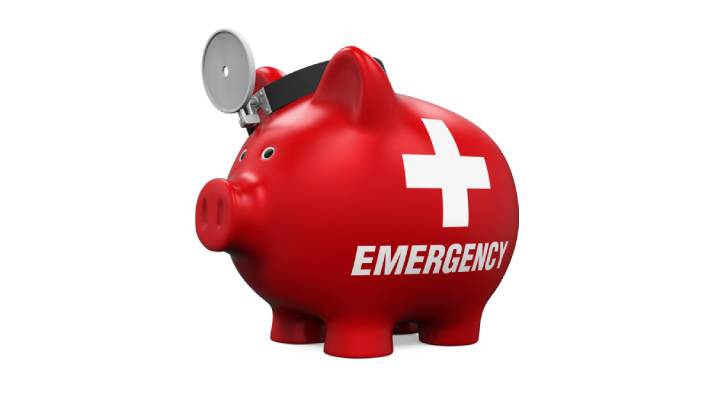
Investing money means allocating capital with the objective of receiving a return. In other words, it is about using your savings to generate more income in the future. This return can be obtained in different ways, such as through interest, dividends, capital gains, among others.
Investing your money is crucial to ensure a stable and prosperous financial future, by investing you are putting your money to work so that it generates profits and you can make your savings grow. In this way, you will be able to:
- Achieve your long-term financial goals;
- Have an emergency fund in case of need;
- Reduce dependence on work as your only source of income;
- Protect your wealth from inflation.
Unlike keeping your money in a savings account with a low interest rate, by investing you can earn higher returns and make the money work for you.Before you start investing, it is important to keep in mind a few key points.
Define your financial goals
Before you start investing, it is important to be clear about your short, medium and long-term financial goals.
Each of these objectives will require different investment strategies. For example, if your objective is to save for an emergency fund, it is advisable to choose financial instruments with high liquidity and low risk. If you plan to buy a house in a few years, it may be interesting to invest in assets that generate a higher return but have a fixed term.
Financial education
Before investing your money, it is important to have knowledge about financial education. You should understand concepts such as risk, diversification and liquidity, in order to make informed decisions appropriate to your financial objectives.
There are courses and books on financial education that can help you better understand how the world of finance works and how to manage your money effectively. In addition, you can seek financial advice from financial professionals.
Choose the right type of investment for you
Before you start investing, it's important to know what type of investment best suits your financial needs and goals. If you're looking for a safe investment, time deposits or government bonds may be a good option, as they offer a fixed return and are less risky.
On the other hand, if you are willing to take on more risk for a higher return, you may consider investing in stocks or mutual funds. However, you should keep in mind that these investments are more volatile and you should be prepared to withstand possible losses.
Investing in the stock market
The stock market is an interesting option to invest your money and obtain long-term returns. However, it is important to keep in mind that it is a high-risk investment and requires prior knowledge of the market and the companies in which you are investing.
Before investing in the stock market, it is advisable to have a clear strategy and define your objectives.
Real estate investment
Real estate investment is one of the safest and most profitable ways to invest your money. It consists of acquiring properties, either to rent them or to sell them at a higher price than the one at which they were purchased.
One advantage of investing in real estate is the possibility of generating passive income through the rental of the property. However, it is also necessary to take into account the risks associated with possible non-payment or damage to the property by the lessee.
Investment in mutual funds
Mutual funds are a popular option for investing money wisely and profitably. A mutual fund works like a portfolio of investments, in which several people invest their money and a team of experts manages the money for returns.
Mutual funds offer diversification, which means that when you invest in a fund, you invest in a variety of assets, such as stocks, bonds or real estate. This reduces the risk of loss and increases the chances of profit.
Diversify your investment portfolio
Diversification is key to investing wisely and profitably. Don't put all your eggs in one basket. Instead, spread your investments across different asset classes, such as stocks, bonds, real estate and mutual funds.






